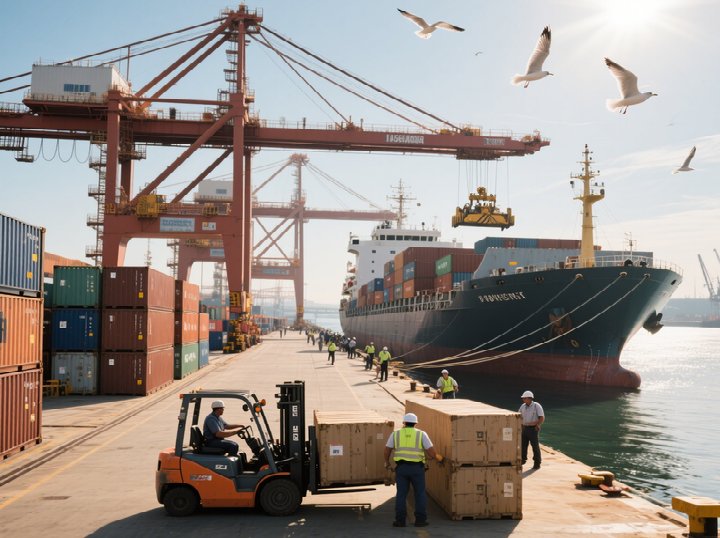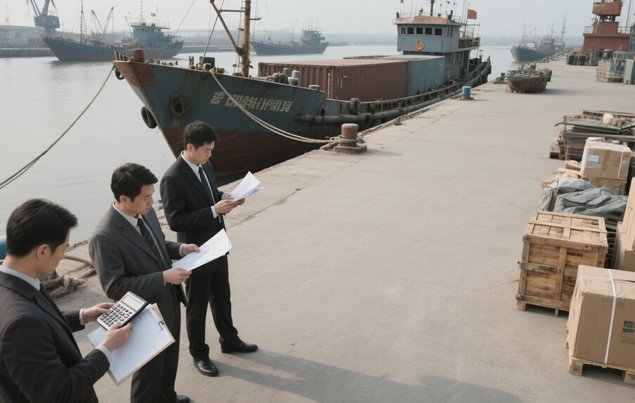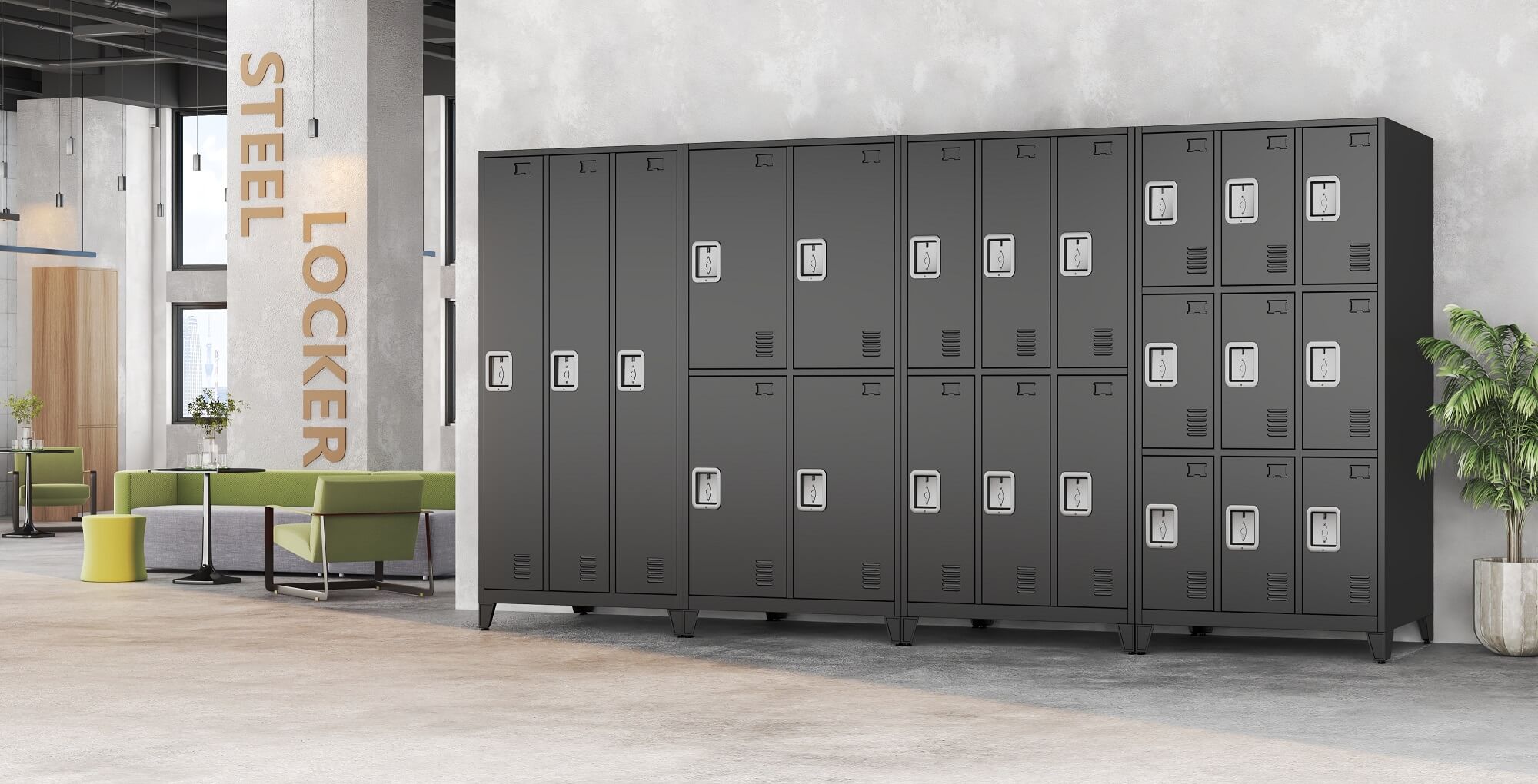Trade terms, also known as Incoterms (International Commercial Terms), are standardized rules that define the responsibilities, risks, and costs associated with the delivery of goods between buyers and sellers in international transactions. This article provides a comprehensive overview of international trade terms and how they impact various aspects of international trade.


Trade Terms for Any Mode of Transport
EXW (Ex Works):
The seller’s duty is merely to make goods accessible at the agreed location. Buyers with strong logistics capabilities benefit as they control the entire transport and customs process, but it’s challenging for inexperienced buyers.
FCA (Free Carrier):
Sellers deliver goods to the carrier nominated by the buyer at a specified place. Its flexibility suits various transport modes, making it a popular choice for domestic and international trade.
CPT (Carriage Paid To):
Sellers arrange and pay for transporting goods to the destination. They transfer risk upon handing goods to the first carrier, ideal for sellers wanting control over part of the shipping process.
CIP (Carriage and Insurance Paid To):
Similar to CPT, but sellers also arrange insurance. This is perfect for high – value or sensitive goods, providing buyers with comprehensive protection.
DAP (Delivered at Place):
Sellers deliver goods, ready for unloading, at the destination. They bear most costs except import duties, reducing disputes over delivery details.
DPU (Delivered at Place Unloaded):
Sellers not only transport goods but also unload them at the destination, offering a turnkey solution for buyers.
DDP (Delivered Duty Paid):
Sellers have the highest responsibility, handling everything until goods are cleared for import. It benefits buyers seeking a hassle – free process but demands strong expertise from sellers.
Terms for Sea and Inland Waterway Transport
FOB (Free on Board):
Sellers load goods onto the buyer’s nominated vessel at the port of shipment. After that, buyers handle freight and risk, widely used in sea – borne trade.
CFR (Cost and Freight):
Sellers cover the cost of transporting goods to the destination port, and the risk transfers when goods are on board, balancing cost and risk responsibilities.
CIF (Cost, Insurance and Freight):
Sellers pay for freight and insurance. It provides a convenient option for buyers, especially those lacking resources to arrange these themselves.
Conclusion
International trade terms are an essential tool for businesses engaged in cross – border trade. By clearly defining the rights and obligations of both buyers and sellers, they facilitate smoother transactions, reduce risks, and aid in cost management.
Send us an email: [email protected]
Leave a message on our website
WhatsApp / Wechat: +86 13937913510












